This summer you will be offered plenty of chances to collect Olympic memorabilia.
If you travel to Paris for the XXXIII Olympiad you could come home with suitcases full of collectibles.
Unfortunately, it’s very unlikely that anything you buy there will have long term value.
Though it may go up in price, and the odd piece might attain genuine collectible status - perhaps as a kitsch curiosity.
It would be wrong to say that the modern Olympics has always fascinated collectors.
The early games didn’t really take off.
But the idea was a good one.
And it’s the dream that won through and that resonates with us now.
It’s an idea that is reflected in some of these, the 6 most valuable pieces of Olympic memorabilia.
1 - The Olympics Manifesto
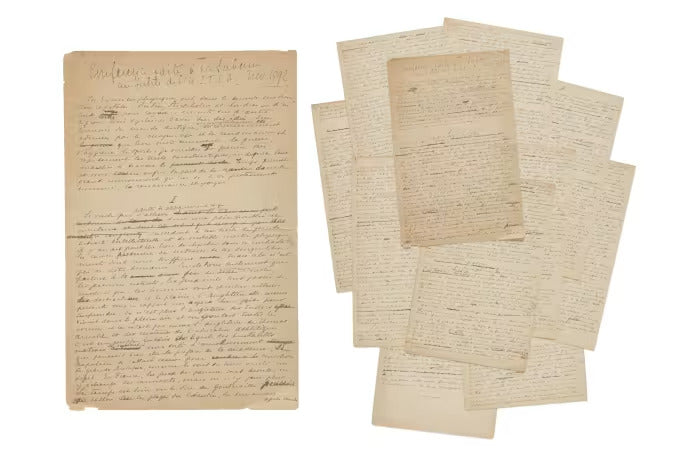
One of the most influential documents in modern history.
It’s all about the idea, you see.
Pierre de Coubertin was not alone in founding the Olympics, but his was the first, most comprehensive and persuasive case, as evidenced in this 5,000 word manifesto.
Over 14 pages the French aristocrat (who was 29 when he delivered a speech from this document in 1892) lays out why he thinks sport can change the world.
“Those who have seen 30,000 people running through the rain to attend a football match will not think that I am exaggerating,” he said.
Time has proved him right, though it took time for his idea to catch on.
The manifesto was bought at a London sale by Alisher Usmanov, who donated it to the Olympic museum in Lausanne where you can see it today.
Alisher cannot, as the former Arsenal owner is sanctioned and banned from travel in Europe.
2 - Jesse Owens 1936 Olympics gold medal
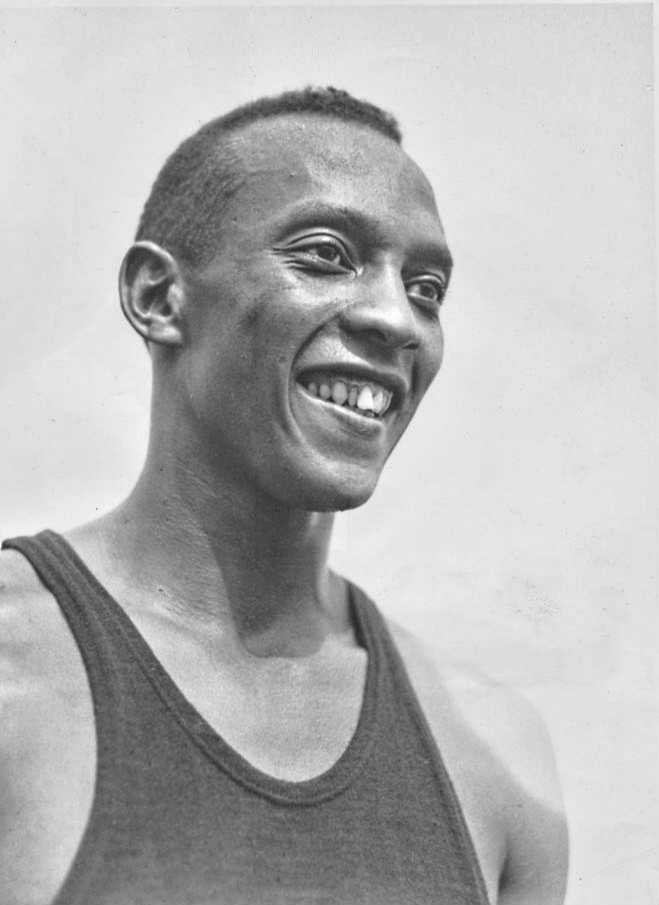
Owens extraordinary achievements were a poke in the eye to the idea of so-called Aryan supremacy.
Jesse Owens’ story is perhaps the archetypal Olympic triumph.
Hitler designed the 1936 Berlin games as a festival of Nazism, designed to show his Master Race triumphing.
A black American sprinter wasn’t supposed to spoil the party.
And Owens did, taking not one but 4 medals.
Even without the backdrop it’s an extraordinary athletic performance.
The previous year, Owens had set three and equalled a fourth world record in under 45 minutes.
In 2013 an Owens medal (they weren’t individually inscribed by event) was sold at auction for £942,553.
The story of how it came to sale - Owens lost or gave away all of his medals - adds poignancy.
Although Owens is held up as an avatar of a multiracial society, the racism he faced back home in America led to him working as a janitor, petrol station attendant and competing in degrading exhibition races against horses and motorcycles.
Two of his medals have been sold. The second made £468,000 in 2019. Two are currently lost.
3 - Wladimir Klitschko gold medal 1996
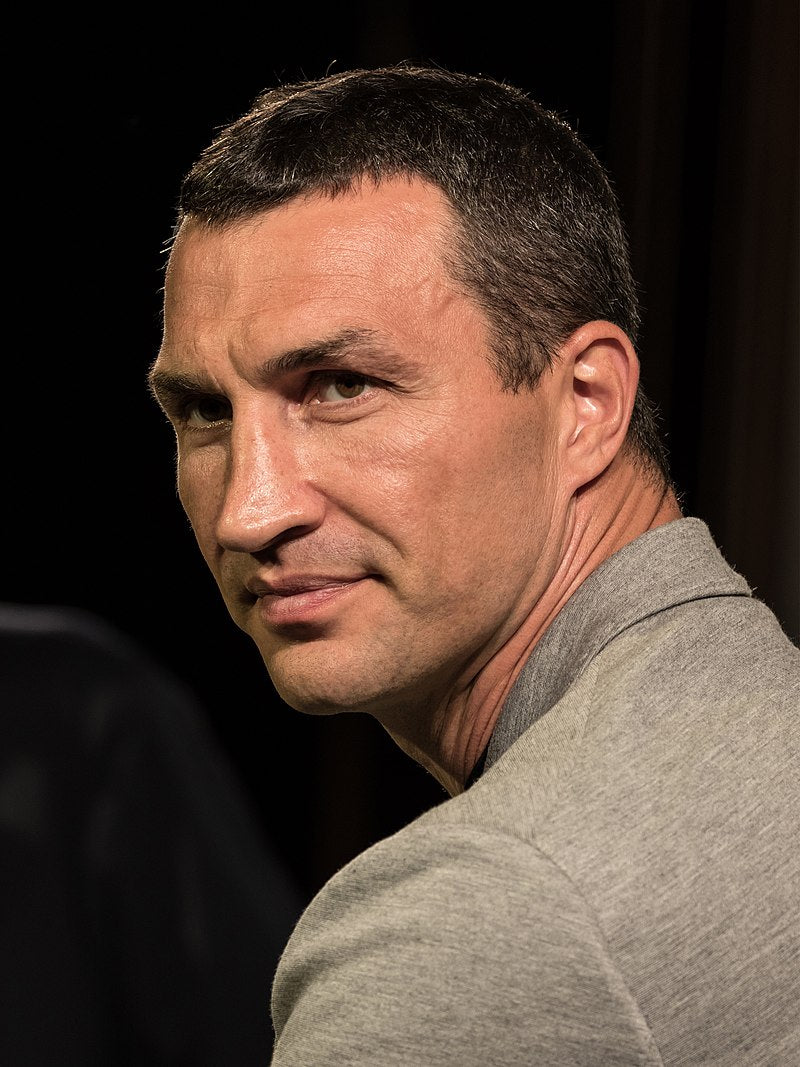
Boxer Wladimir Klitschko is currently fighting more important battles as a Ukrainian.
He joined the army reserve after Russia’s illegal invasion in 2022 and alongside his brother Vitali, (the Mayor of Kyiv) has raised hundreds of millions of dollars for the defence of his country.
Were he to sell this medal again - there’s a story in that - it would no doubt no raise much more.
Wladimir won his gold in 1996 in Atlanta in the super heavyweight class.
It was already an important landmark for Ukraine, which was competing in its first ever Olympics since its independence following the end of the Soviet Union.
He sold it in 2014. The buyer stumped up $1 million that went to a charity for young Ukrainians and promptly gave the medal back to its rightful owner.
There’s a tale that’s very true to the spirit of the Olympics.
4 - The Breal Cup
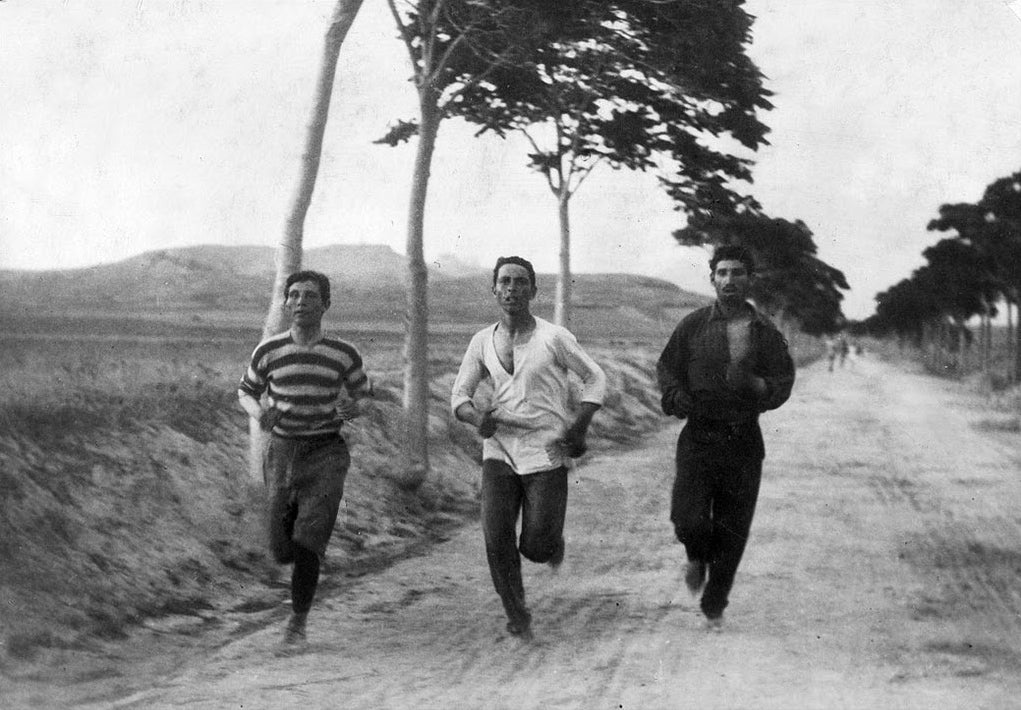
By rights, this should be called the Louis cup, because it was won by Greek runner Spyridon Louis at the Athens games in 1896, the first modern rerun of the Ancient Greek games.
Breal is for Michel Breal, who designed and made this award and who reportedly persuaded de Coubertin to include the classically inspired marathon in the games.
This was the first ever marathon. It was supposed to be a showcase event to capture the public imagination, promote the new games and link them indelibly with the Greek civilisation which they aped.
It was a wonderful leap of imagination and the event is still a highlight of the games today.
The first winner led a field of just 17 racers, with the help of a glass of wine and an orange en-route.
It would have been a Greek 1, 2, 3 had the third placed competitor not been chucked out for using a horse and carriage to travel the long route.
Spyridion’s family kept the trophy for generations, and it was sold in 2012 in London in the run up to the games there.
It has now been gifted to the Greek nation and is in the Acropolis Museum.
5 - Miracle on Ice US hockey jersey
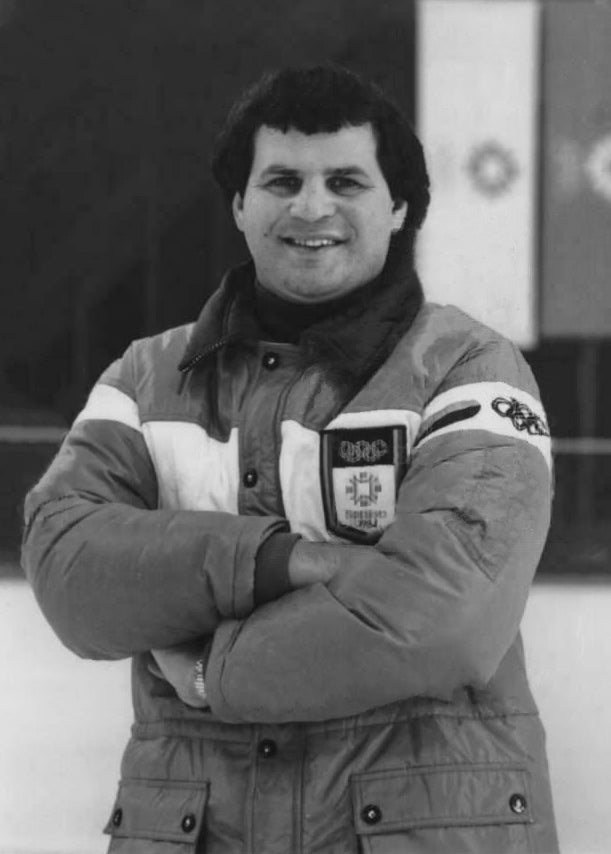
If de Coubertin’s dream was to replace war with a healthier competition then perhaps the Cold War match ups between the USSR and USA were a success of his ideal.
In 1980, American athletes were stopped from travelling to Moscow for the summer games by a boycott over the war in Afghanistan.
Earlier that year, the winter games had been held in Lake Placid, New York state, and the two nations faced off on the ice.
The Soviet team was all-conquering. They’d won all-but-one gold since 1956.
But the US upset them, with a team of largely college players, and though that historic win didn’t get them the gold they did make it in the end - the Soviet Union took silver.
The game was named after the excited commentary of broadcaster Al Michaels, who asked his audience if they believed in miracles as the clock counted down to the unlikely win.
This jersey, worn by captain and winning goal-scorer Mike Eruzione was sold for $657,250 at auction in 2013.
6 - 1952 Helsinki Olympic torch
This torch is very rare, highly significant and beautiful - the perfect mix for value.
Olympic torches are a very mixed bag value wise.
It depends how many there were. And who wants them. There’s always a limited supply, but would you want a 1936 Nazi torch?
The Helsinki games were also politically significant for a number of reasons.
The Soviet Union competed for the first time. So did Israel. And the People’s Republic of China, who were then replaced by Taiwan (who claimed to be the real legitimate Chinese government) until 1984.
Plenty of people want to memorialise these games.
And there were only 22 torches made. Of these, 15 were crafted in hallmarked silver.
A very nice design helps add attraction enough to allow one to reach £420,000 at auction in 2015, reportedly to Nigel Wray, then chairman of Saracens rugby club.
Buy your own Olympic history
Items like these are once-in-a-lifetime buys.
Will these treasures ever see the market again?
Who knows.
Olympic collecting is fascinating and multifaceted though.
It takes in:
- Sporting memorabilia,
- Autographs,
- Coins and commemorative tokens,
- Stamps,
- Manufactured collectibles and toys
And can be enjoyed by people without millions of pounds to spend.
Olympic medals can be found for hundreds of pounds, torches in the low four figures.
From fun mascots to top athletes to momentous political events and great tragedies and triumphs all of human life is engaged by the Olympics, and perhaps that’s its greatest success.






